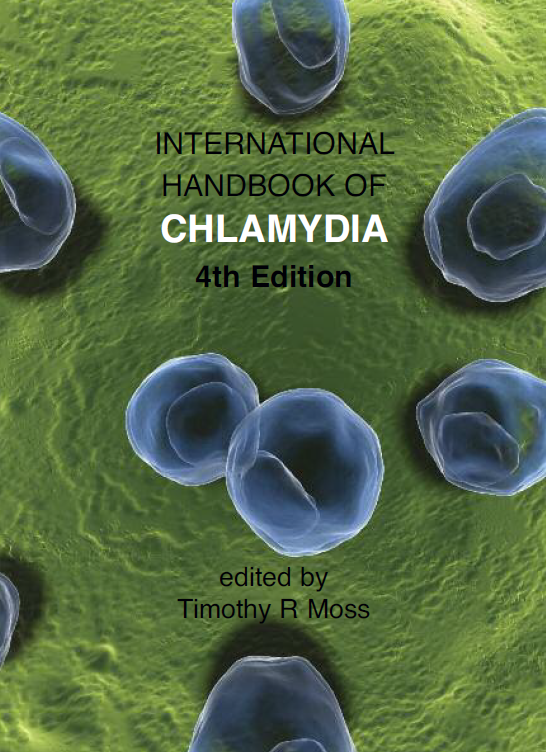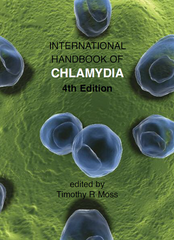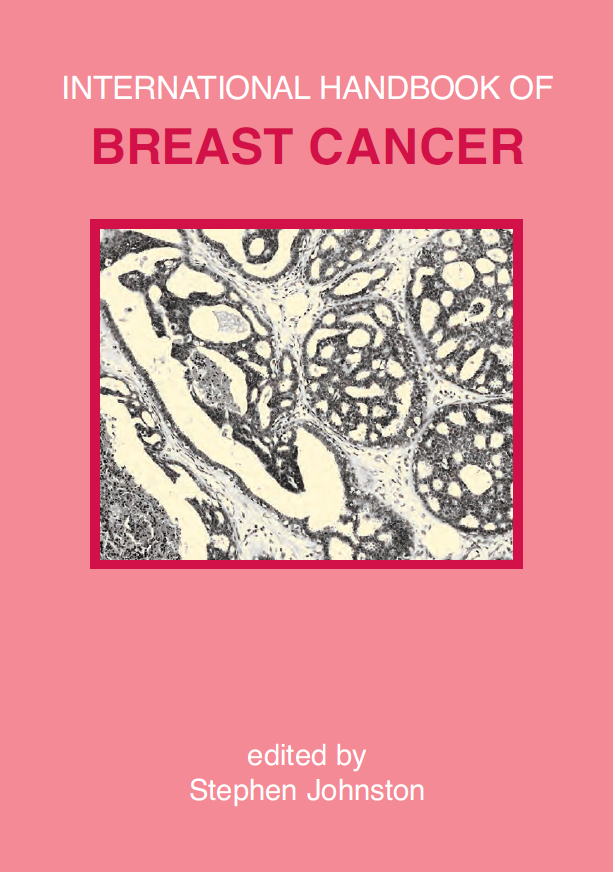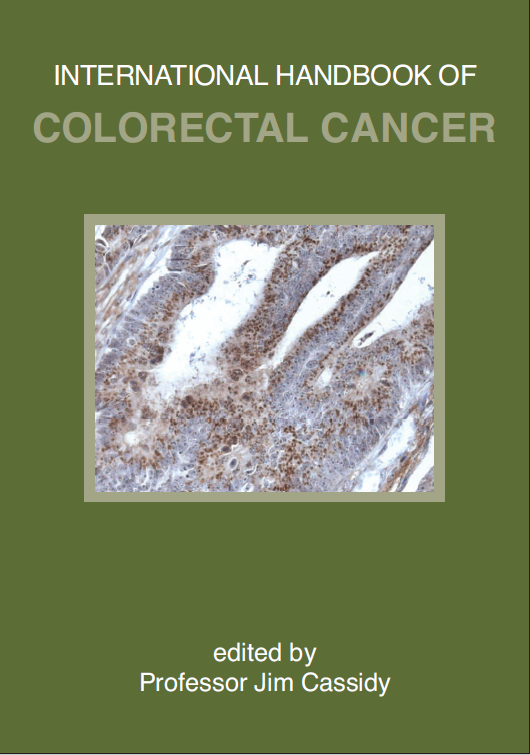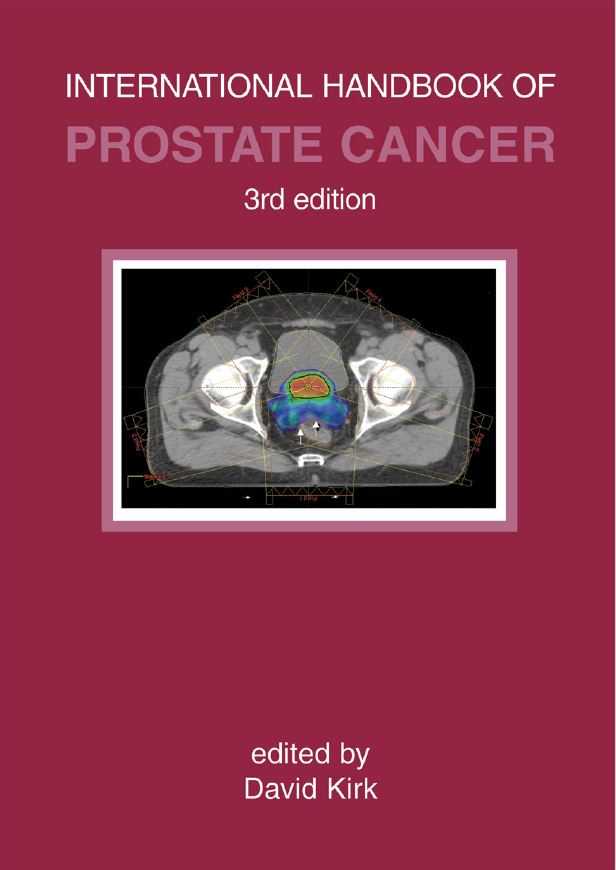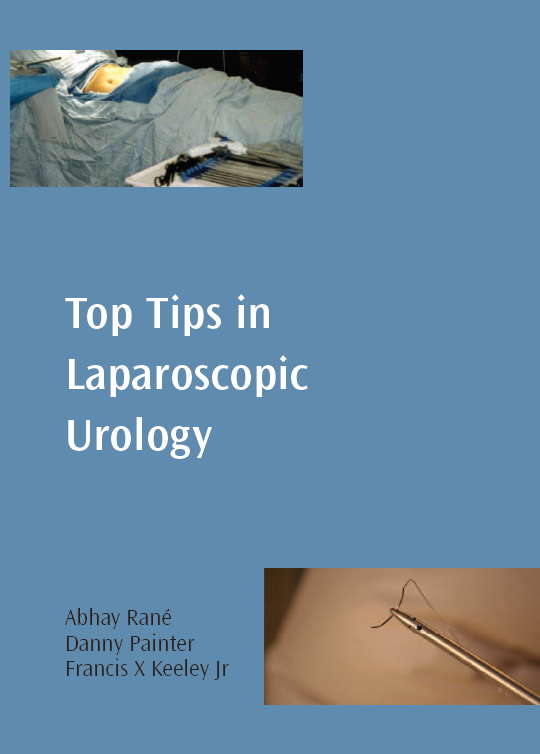International Handbook on Chlamydia
eBook version
edited by Dr Timothy R Moss, Foreward by Dr R Patel
In recent years bacterial sexually transmitted diseases (STDs) have been overshadowed by the growing epidemic of viral STDs, in particular HIV. In addition, the declining prevalence of some bacterial infections in the last 20 years may have suggested that these agents were diseases of the past, of diminishing importance and of limited interest outside specialist care. This has never been the case with chlamydial genital infections and it is timely that we should review their importance, particularly in the light of recent developments.
The objective of this text has been to increase knowledge, awareness and understanding of disease due to chlamydial pathogens. It has also been intended to promote wider debate and to provoke argument when incomplete understanding clearly exists. As in previous editions, hypothesis, future speculation and controversy have been encouraged rather than avoided.
Chapters
1 Epidemiology - Dr I Simms
2 The case for screening - Dr A Robinson
3 The diagnosis of Chlamydia trachomatis genital infection - Dr B Van Der Pol
4 Human genital infections with Chlamydia trachomatis – is there a role for serology? - Dr P Horner and Professor M McClure
5 Therapeutic management - Dr J Clarke
6 Partner notification - Dr KE Rogstad
7 Complications of Chlamydia trachomatis in men - Dr DA Hicks
8 Complications in the female - Dr KE Rogstad
9 Chlamydia trachomatis infection of the fallopian tubes and other manifestations the Swedish experience - Professor P-A Mårdh
10 Economic implications - Dr F Malik
11 Is the global elimination of trachoma feasible? - Dr AW Solomon and Professor DCW Mabey
12 Chlamydia pneumonia and heart disease - Professor P Saikku
13 Lymphogranuloma venereum - Professor G Kinghorn and Dr C Dewsnap
14 Chronic pelvic pain in young women - Professor RW Beard and Dr A Dias
15 Chlamydia infections – an overview - Is it time for a wider hypothesis? - Dr RS Morton and Professor G Kinghorn

